The Limits and Freedoms of Literary Regionalism Archive
The Limits and Freedoms of Literary Regionalism: The Cycle of Isolation in Sherwood Anderson’s Modernist Midwest
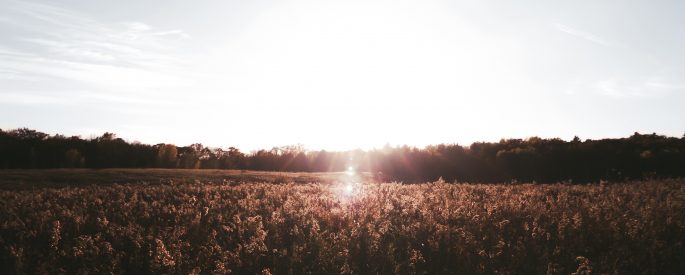
Loosely based on Anderson’s hometown Clyde, Ohio, Winesburg, Ohio contains twenty-two stories that reference each other―all highlighting specific characters who are bound by their shared feelings of loneliness. This cyclical, self-aware form of storytelling situates Winesburg as an early work of Modernist literature.
The Limits and Freedoms of Literary Regionalism: The Power of Repeated Setting and Statement in August Wilson’s “Pittsburgh Cycle”
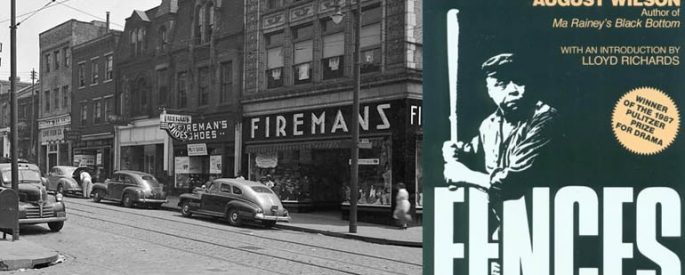
For August Wilson, his hometown of Pittsburgh was the setting for nine of his ten plays; his complete oeuvre thus earning the moniker “The Pittsburgh Cycle.” Each play is set in a different decade, allowing Wilson to examine the black experience across different times, but in the same place.
The Limits and Freedoms of Literary Regionalism: The Poetics of William Carlos Williams’s “Paterson”
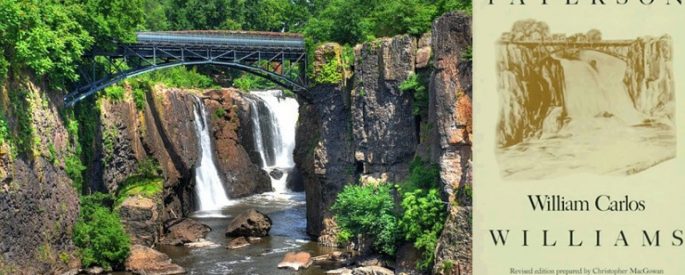
If New Jersey is oftentimes known for being perpetually overshadowed by its neighbor New York, then William Carlos Williams’s epic five volume poem entitled “Paterson” certainly helped put it on the map.
The Limits and Freedoms of Literary Regionalism: How Sandra Cisneros’s Chicano Literature Reimagines Chicago’s Borders
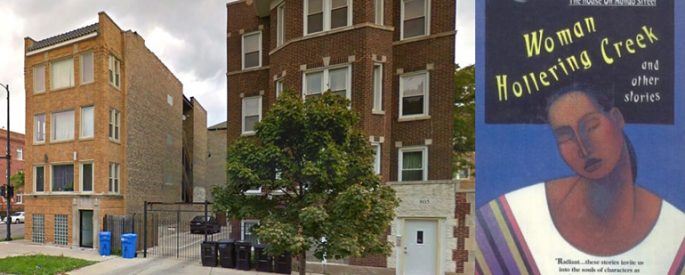
Woman Hollering Creek and Other Stories asks us to imagine literary regionalism as more than just literature set in a single place, but as fiction’s ability to funnel different places and the experiences they birth into one environment.
The Limits and Freedoms of Literary Regionalism: Edith Wharton’s Design of New York City from the Inside Out
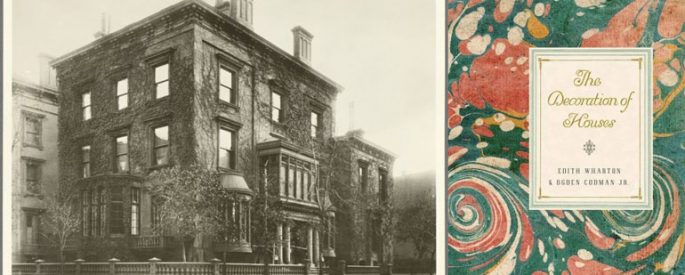
Divided into chapters focusing on various elements of the home, The Decoration of Houses illustrates that Wharton’s design of New York in her literature worked from the inside out, proving that a woman could appreciate both the interior beauty of a space, while living life freely beyond the walls
The Limits and Freedoms of Literary Regionalism: Truman Capote’s Shifting Proximity to New Orleans
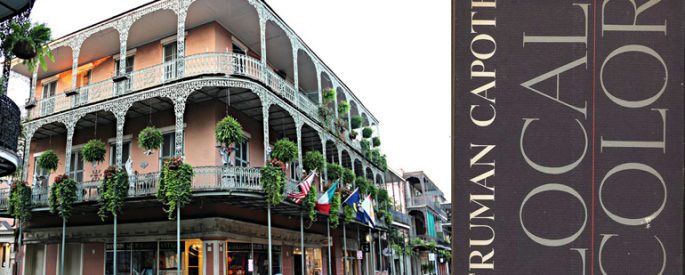
Truman Capote often returned to New Orleans, his hometown. In his 1950 book of essays entitled Local Color, Capote writes detailed observations of the cities he visits, the first among them his Louisiana home.
The Limits and Freedoms of Literary Regionalism: Silence and the Self in Joan Didion’s Southern California Memoir
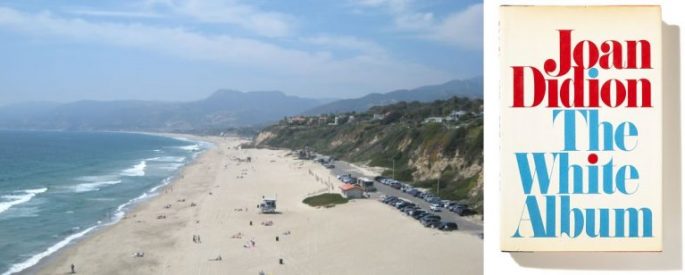
Joan Didion's 1979 book of essays The White Album is not only a road trip through the gridded streets and indecisive canyons of Los Angeles County, but also a meditation on Southern California as a setting for self-discovery.
The Limits and Freedoms of Literary Regionalism: Edward P. Jones and the Other Side of Capitol Hill
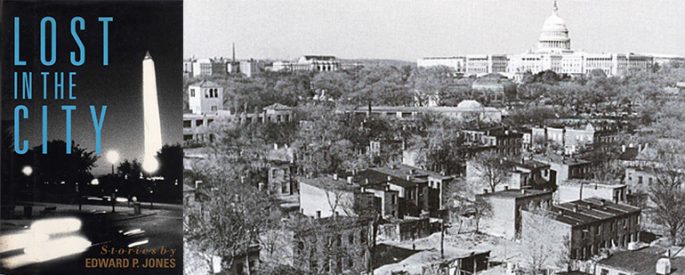
Edward P. Jones does not represent the Washington D.C. of the mainstream—no national monuments perforating his setting, no overt commentary on policy, no presidential-brand elitism lacing his words. Instead, he simply writes the life of the local everyman and pushes anything beyond that into the background, making excess as
The Limits and Freedoms of Literary Regionalism: Taking the Temperature of Zora Neale Hurston’s Central Florida
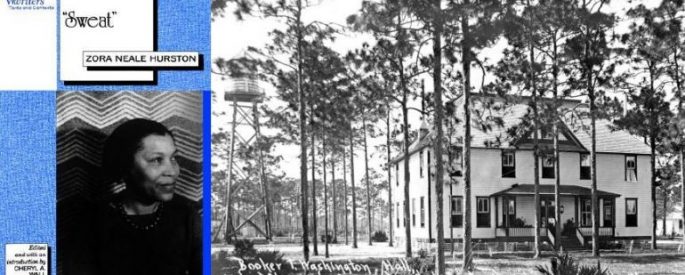
Central Florida, sticky with humidity and restless with sea breeze, inspires the temperature of Hurston’s fiction and, in turn, the temperament of her characters. In her 1926 short story “Sweat,” Hurston chronicles the marriage of Delia, a washerwoman, and her unemployed, abusive husband Sykes.
The Limits and Freedoms of Literary Regionalism: John Steinbeck’s Salinas Valley
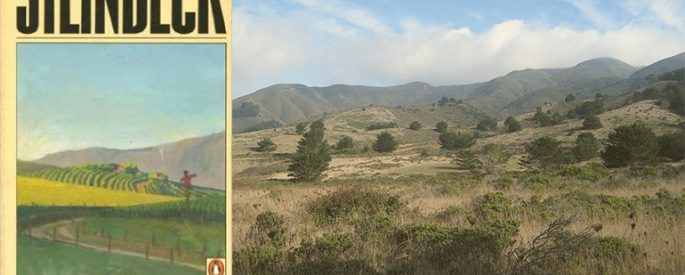
Known for his simplistically powerful writing style, Steinbeck is perhaps known even more widely for his commitment to his hometown of Salinas, California. With this in mind, Steinbeck’s first short story cycle, The Pastures of Heaven, is an ideal entry point, as it is an early example of his